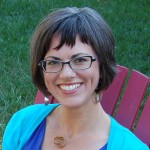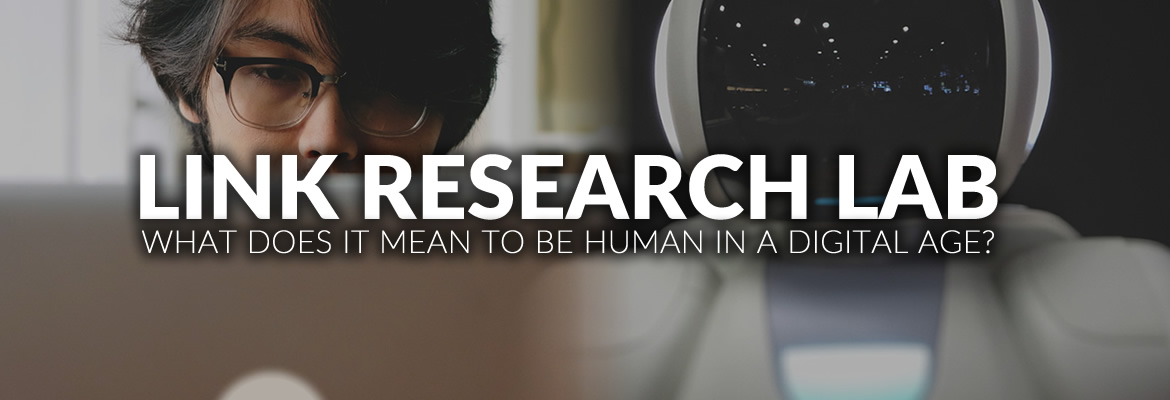 Kristen Eshleman
Kristen Eshleman
As Director of Digital Learning Research & Design, Kristen coordinates the design and research of campus-wide experiments supported by digital learning. Digital Learning R&D functions as an independent research initiative in Academic Affairs, focused on the design and support of experimental curricular and co-curricular learning opportunities that inform Davidson’s academic digital strategy. The initiative provides a “safe-to-fail” space, where risk-taking is encouraged and the scholarship of teaching and learning research can inform administrative and curricular decisions. She is also currently Director of Academic Technology at Davidson College, and a practitioner in the humanities. The anthropologist in her is drawn to the intersections between technology and culture. Her current interests include digital scholarship, inclusive pedagogy, mindfulness & contemplative learning, and experiments grounded in student agency, lifelong learning, and Formation by Design.
 Suzanne W. Churchill
Suzanne W. Churchill
Suzanne W. Churchill is Professor of English at Davidson College. She is the author of The Little Magazine Others & the Renovation of Modern American Poetry and co-editor, with Adam McKible, of Little Magazines & Modernism: New Approaches. She has published on modernism and the Harlem Renaissance, and on periodicals, poetry, and pedagogy in various journals and collections. Founder and editor of the website, Index of Modernist Magazines (http://sites.davidson.edu/littlemagazines/), she is currently working on a collaborative scholarly website, Mina Loy: Navigating the Avant-Garde.
Additional speakers were Justin T. Dellinger of the LINK Research Lab and Rafia Mirza from the UTA library.
On February 1, in the ERB 228 (NE Corner of the Engineering Research Building)
Kristen Eshleman and Suzanne Churchill delivered the following public presentation (12-1pm) and workshop (1-3pm):
Title: Digital Humanities and Digital Scholarship in Undergraduate Education
Abstract:
Digital tools hold the possibility of transforming humanities teaching and scholarship, bringing students into original research, broadening the audience and impact of scholarly work, and applying computing power to humanities questions, old and new. This talk and workshop is designed for faculty, graduate students, librarians, technologists and undergraduates who are either just getting started or are interested in learning more about the digital humanities and digital scholarship in undergraduate education. The session happened in two parts:
Part I: Lunch talk: Kristen & Suzanne reviewed examples of digital scholarship across a number of disciplines, covered arguments in favor of the digital humanities in research and teaching, and provided guidance on how to get started in DH. Drawing from experiences with undergraduates in DH at Davidson College, they presented blueprints of DH projects and assignments that require varying levels of expertise and can be adapted to other topics and disciplines.
Part II: Designing Your Own Undergraduate DH Project: Using design thinking, they facilitated a hands-on workshop addressing the challenge: “How might I involve undergraduates in original research in my field?” Participants worked through the steps to outline the challenges and developed a project plan for designing their own collaborative DH projects.

